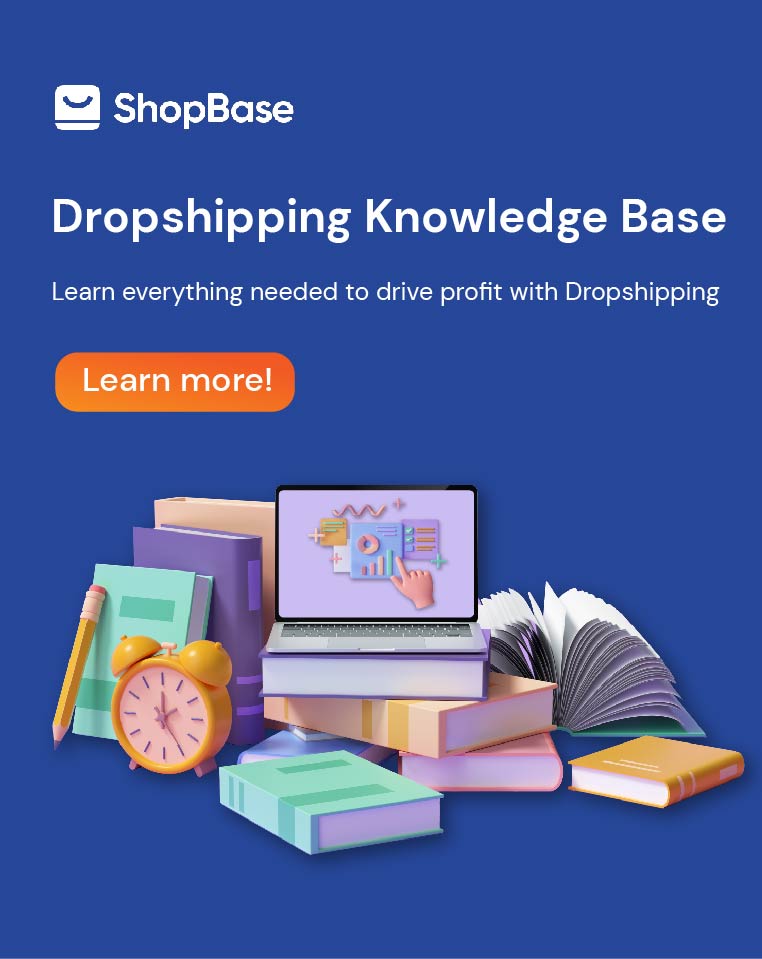Many business owners stepping into the field have trouble finding an Ecommerce analytics tool that cuts above the rest. We will review some of the most used tools on the platform to give you some idea of what each can and cannot do.
Menu:
1. Google Analytics
Pros:
- It’s free with basic features available which are suitable for small businesses. They get Google Analytics for free while still getting in-depth information to improve their marketing.
- Beginners can self-navigate without needing a consultant.
- It provides robust and detailed data of your website analytics: clicks, time spent, actions, location, etc. and you can customize your report based on what you want to know
Cons:
- You can call Google Analytics a “freemium” tool. This means for large corporations who want to upgrade to Google Analytics Premium, they will have to pay a hefty sum of money (about 150k dollars).
- New features and updates come out on a daily basis, making it hard for users to catch up.
- There may be a learning curve for those who have not had an analytics background and sometimes finding the right sources to learn can be tricky
2. Mixpanel
Pros:
- It has a clean and well-designed UI, you can integrate events with user attributes to have better customer segmentation, from which products and ads can be more specifically targeted at potential groups.
- It can be used both as an analytic tool and as a marketing tool because apart from helping users analyze data, it can also send notifications (cart reminders, back-in-stock alerts, sales, etc.)to customers depending on their actions on the website.
- You can accurately track many things in real time using Mixpanel and visualize the data in many different ways.
Cons:
- The system is very intricate, therefore it is not recommendable for starters. If someone wants to learn how to use this, it will be time-consuming.
- The pricing may be too high compared to other tools that offer the same performance.
3. KISSmetrics
Pros:
- Good pricing for numerous features, especially the exclusive individual-focused tracking.
- It can help you identify issues in the funnel and provide immediate support for customers who are having unpleasant experiences.
- It provides daily outputs that evaluate the effectiveness of your marketing strategies.
Cons:
- It can take lots of time to set up and on board when you first started.
- The UI is unintuitive, which may confuse first timers.
- It does not have graphical reports, but it is preferable.
- The numbers take a while to load.
All in all, every tool has its own strengths and weaknesses. What analytics tool to use may be a difficult choice to make but you can always utilize several tools at once to get the most out of your data. It just comes down to your purposes and preferences. Decide carefully and find what is most ideal for you.





